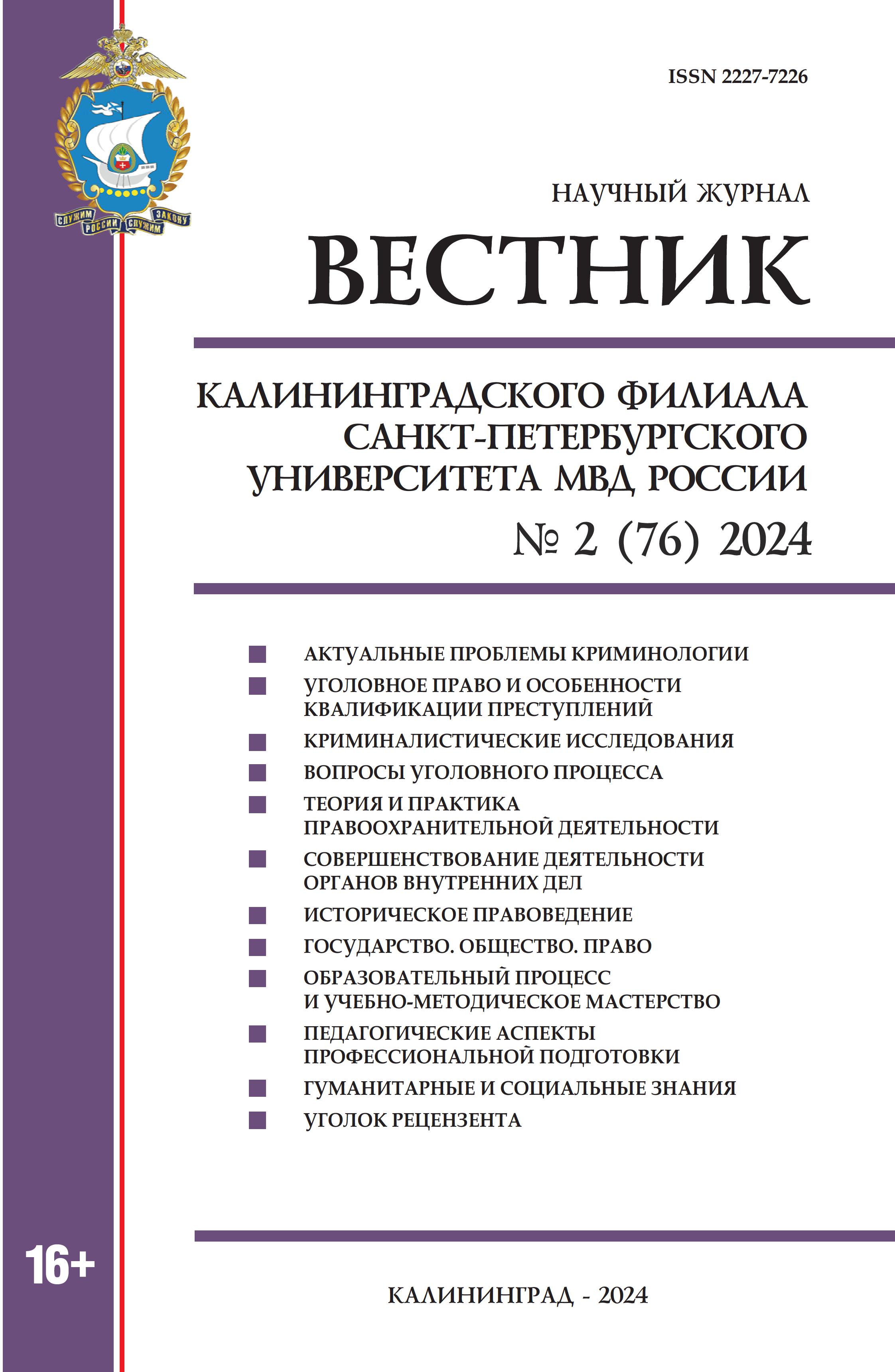Introduction. The article discusses the features of termination of criminal prosecution on the grounds provided for in Article 28.2 of the Code of Criminal Procedure of the Russian Federation. A comparison is made of this type of termination of criminal prosecution with other types of its termination on non-rehabilitative grounds. The comparative analysis reveals not only the positive features of the legal regulation of legal relations within the framework established by the provisions of Article 28.2 of the Code of Criminal Procedure of the Russian Federation, but also the accompanying problems that still require resolution. Methods. In the course of the research conducted by the author of the article, general scientific and specific scientific methods of cognition (systemic-structural, formal-legal, logical, comparative-legal) were used. Results. Based on the results of the study, it was concluded that it is necessary to improve legislation in terms of the type of termination of criminal prosecution under consideration. It is proposed to expand the list of cases that give the court the right, if a victim or witness fails to appear at a court hearing, to make a decision on reading out previously given testimony and on playing video or filming of investigative actions, indicating in paragraph 6 of Part 2 of Art. 281 of the Code of Criminal Procedure of the Russian Federation is as follows: «...if, as a result of their participation in military operations, it is not possible to summon them to a court hearing». In addition, the proposal is justified to extend the provisions of Part 2.1 of Art. 281 of the Code of Criminal Procedure of the Russian Federation, which provides for the need to provide the accused (defendant) in the previous stages of the proceedings with the opportunity to challenge evidence in the ways provided for by law, by indicating in it the cases provided for in paragraphs 2-6 of Part 2 of Art. 281 Code of Criminal Procedure of the Russian Federation.
Criminal procedural consent, termination of criminal prosecution, participation in hostilities, suspect, accused, victim, witness.







